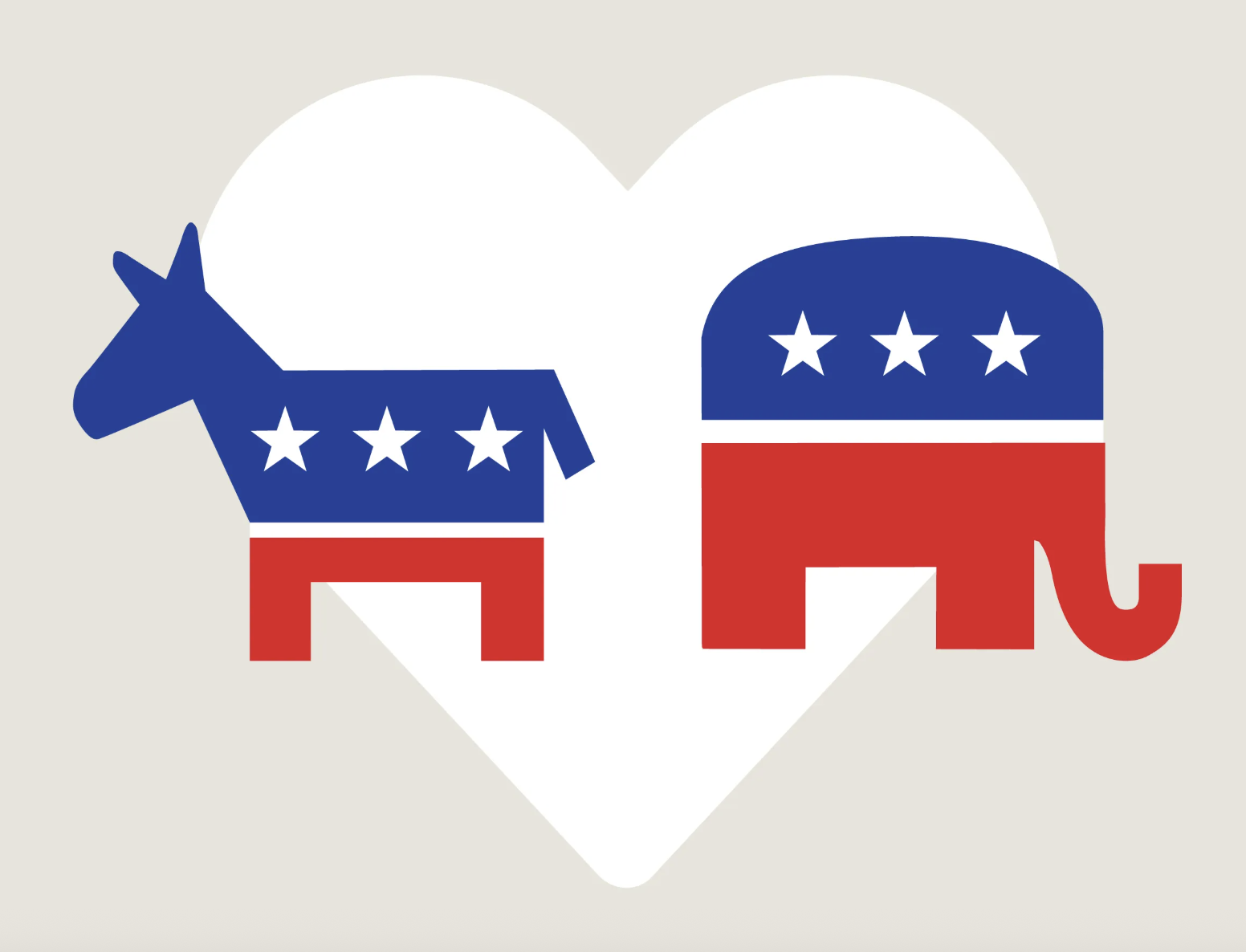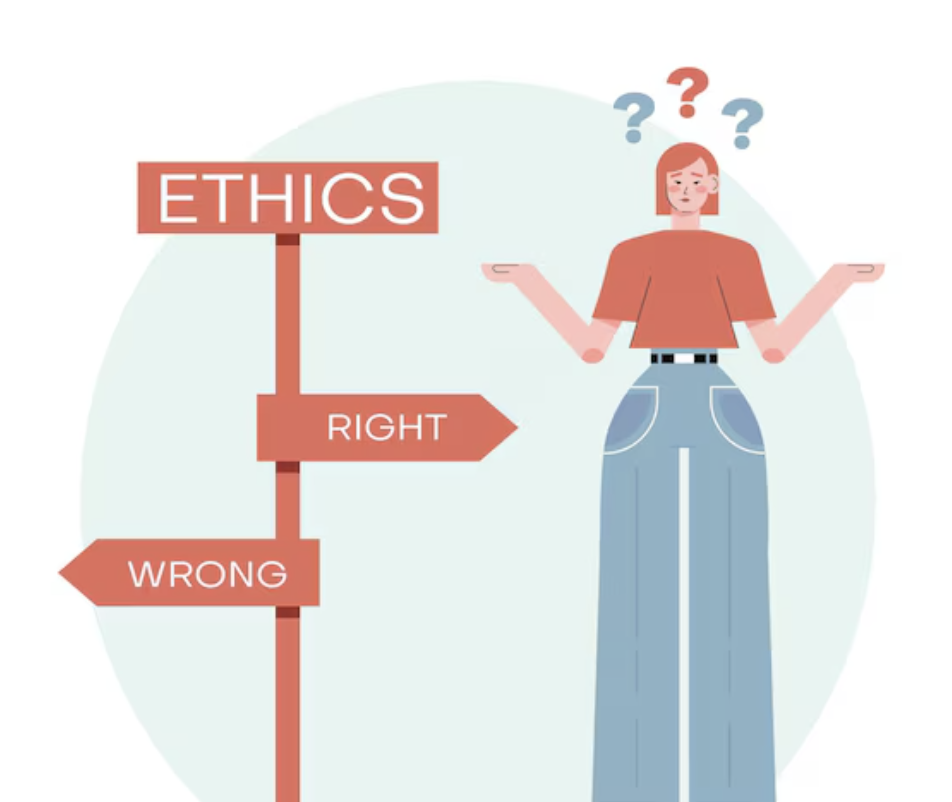My Research Agenda
My research examines how political identity serves as a moral and social cue, influencing interpersonal and consumer decision-making in polarized contexts. I explore how partisanship and moral belief systems influence behavior in both romantic and marketplace settings, across three main streams: partisan asymmetries in dating and social openness, ideological differences in moral decoupling from brand transgressions, and how partner responses to brand misconduct affect relationship dynamics. Beyond this core agenda, I also study how macroeconomic expectations influence satisfaction and spending, and how “fresh start” narratives can lead to moral hazard in consumer contexts. I plan to expand my research to explore the effects of moral purity beliefs, with a focus on political identity and social judgment. I use experimental, survey, and computational methods, including large-scale data (e.g., Pew), LIWC-based text analysis, conjoint analysis, and qualitative interviews, to understand consumer behavior.
See my research projects below.
Democrats Are Less Open to Relationships with Members of the Opposite Party
Roy, Lurie, Brick, and Malkoc
Under Review at Nature Communications
Using Pew data and eleven studies (N = 3,943), we find that Democrats are less open than Republicans to forming relationships, whether romantic, platonic, or professional, with members of the opposite political party. This asymmetry is not driven by greater overall bias, as Democrats remain more open to racial and ethnic outgroups. Rather, it stems from Democrats being more likely to view political identity as indicative of a person’s values, personality, and moral character. We demonstrate meaningful consumer behavior implications, particularly in dating app contexts where political filtering is common. Finally, we implement a novel counter-stereotypic intervention that reduces this effect, offering one potential path to lowering partisan animus.
Partner Responses to Morally Decoupling Company Transgressions
Roy and Brick
Data Collection Ongoing
We examine how consumers evaluate moral decoupling by a romantic partner, in which the partner separates a brand’s moral violations from attitudes towards that brand. Across four studies, we find that partner evaluations depend on the interaction between the observer’s political identity and the type of moral violation. Liberals feel more negatively toward a partner who decouples when the violation involves individualizing moral foundations (e.g., harming immigrants). In contrast, conservatives feel more negatively toward a partner who decouples a binding foundation violation (e.g., disrespecting the police). These results demonstrate that political and moral identities not only influence consumer judgments but also impact interpersonal evaluations, extending research on moral decoupling to close relationships. Planned studies examine the downstream consequences of this effect for shared consumption in romantic contexts.
Binding versus Individualizing Brand Misbehavior: Political Orientation Affects Moral Decoupling
Roy and Lurie
Data Collection Ongoing
Prior research shows that conservatives and liberals rely on different foundations when making moral judgments. We propose that this affects when they are willing to decouple a brand’s ethical violations from their purchase intentions of the brand. Across six studies, we find that political orientation systematically predicts when consumers are willing to overlook different types of brand misconduct. Conservatives are more likely to decouple and maintain purchase intentions when companies violate individualizing moral foundations (e.g., mistreating employees). In contrast, liberals are more likely to decouple when companies violate binding foundations (e.g., disrespecting the national flag). These effects are driven by differences in moral decoupling, revealing an ideological asymmetry in how consumers reconcile brand performance with moral failure.
Satisfaction as the Le Chatelier Enforcer: How Consumer Sentiment on the Economy Stimulates and Attenuates Spending Growth
Mitra, Roy, and Tehrani
Preparing for Submission
Using 23 years of data, we find that when consumers hold optimistic expectations about the economy, they end up less satisfied with the offerings available during that period. This counterintuitive, Granger-causal relationship suggests that high expectations—rather than actual changes in quality—may lead to greater disappointment. Our findings bridge macroeconomic outlook and consumer satisfaction, offering new insights grounded in expectancy disconfirmation theory.




